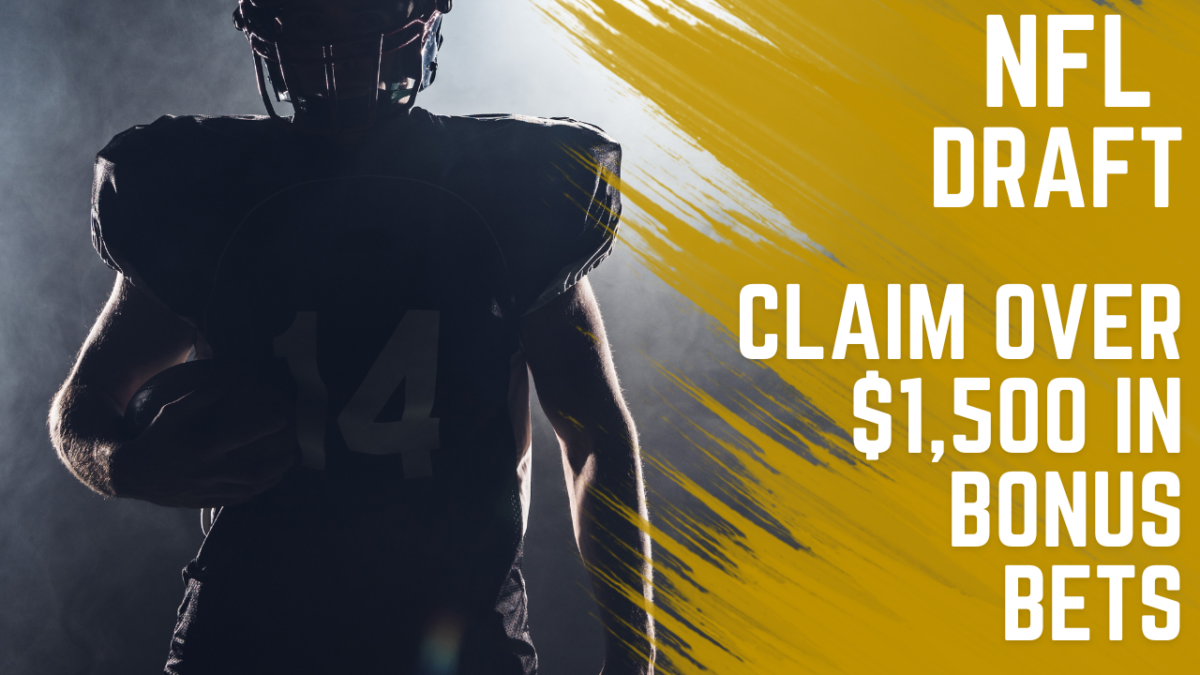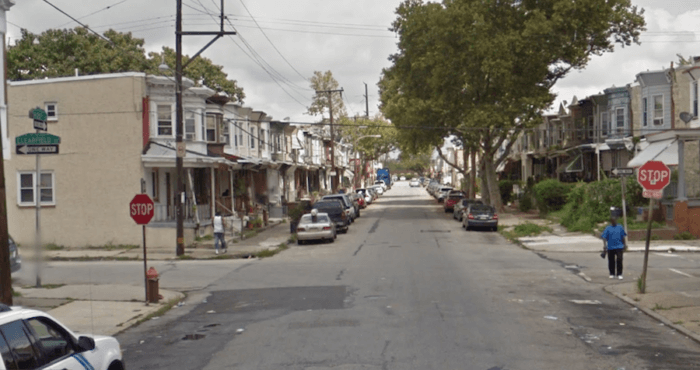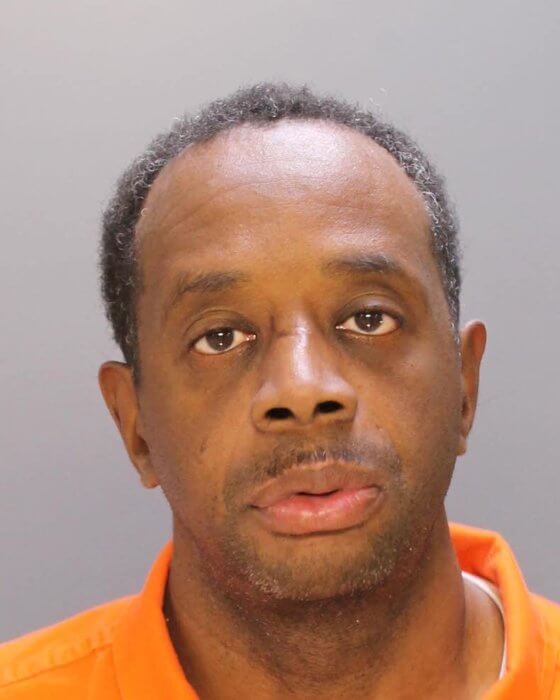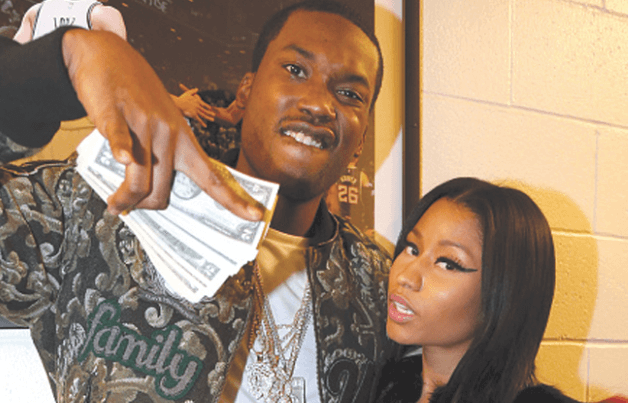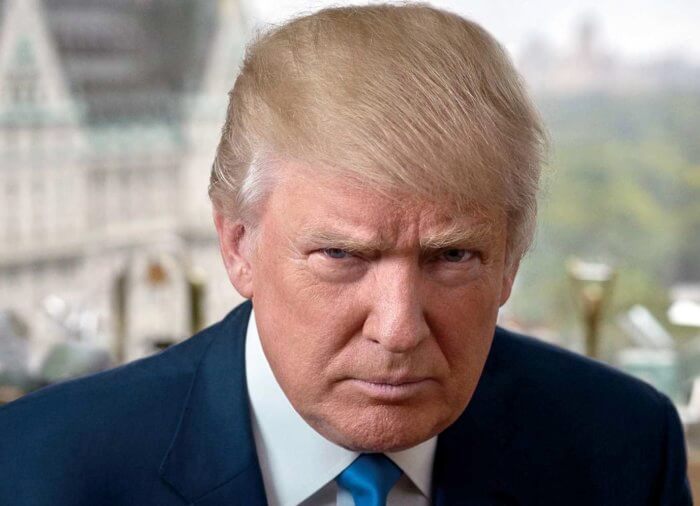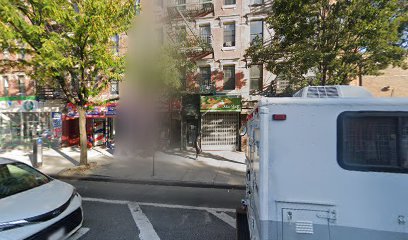Two good-looking young strangers are having an amazing conversation in the backseat of my car. I’m eavesdropping so hard I nearly run a red light.
I was an undercover Uber driver
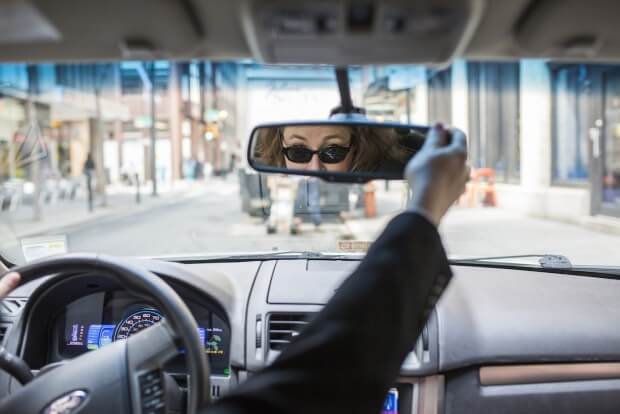
Her: Then don’t make me sign it. Ugh, it’s like you’re planning for this not to work.
Him (stammering): No, I just think that, the idea is that …
Her: I mean, what’s the benefit for me in signing one?
Him (after a long pause): I mean, that you’re still going to be able to get married.
(A chilly silence.)
Him: I’m just saying there’s options.
(An even chillier silence.)
Her: I just don’t understand … like.
(I can practically hear her laser glare as the light turns green.)
Her: How do I benefit from signing it, aside from the fact that I’m married?
God, sometimes I really, really love Uber.
Not always, though.
Uber’s been impossible to avoid in Philly news since October, when it debuted its UberX service, staffed by drivers without commercial licenses, against the direct requests and then angry protests of everyone involved in local taxi and limousine regulation. This is how it’s gone in many of the 240 cities in 40 countries that have gotten UberX — the cheaper, unlicensed spinoff of Uber’s original licensed black-car limo service — since it debuted in San Francisco in 2012. Uber’s refusal to obey state regulations or a cease-and-desist order prompted a member of the Pennsylvania Public Utility Commission (PUC) to request that Uber “abandon its anarchist ways,” even as the PUC approved UberX to operate in every county but Philadelphia.
Philly was one of the last big U.S. cities to get UberX, likely because of the Philadelphia Parking Authority’s (PPA) ferocious reputation. Even though it’s popular and widespread (in April, Uber celebrated its millionth Philly UberX ride), UberX is still not legal here. PPA executive director Vince Fenerty Jr. sent over a statement:
UberX and competitor Lyft are both illegal taxi services that use an app to connect people looking for rides with private citizens willing to use their own vehicle as a commercial taxi. Unlike the 1,600 licensed medallion cabs in the city, there is no guarantee these cars are clean, safe, inspected or insured.
Their drivers have no training and have not gone through extensive driving or criminal background checks.
Drivers providing illegal taxi service in Philadelphia will be fined $1,000, as well as having their cars impounded and be required to pay all associated towing, storage and court costs. Drivers are also committing a misdemeanor offense punishable by a fine of $2,500 and/or a one-year jail sentence.
Despite this, in late January, City Council unanimously approved a James Kenney-sponsored resolution supporting UberX and Lyft in Philly.
Uber often defends itself against angry regulators by protesting that it’s creating good-paying jobs. They made a much-circulated and now-debunked claim that the median UberX driver in New York City made $90,000 a year, but I couldn’t find a trustworthy number for how much UberX drivers actually took home, in Philly or anywhere else.
Until the week this article published, the only numbers Uber would discuss were gross fares — that’s the total amount drivers bring in, not the lower amount they end up with after expenses and Uber takes its percentage. On top of that, Uber employs different rates in different areas. Taking an UberX in the Hamptons is vastly more expensive than in the lowest-rate areas like Nashville, Providence and L.A. Philly started out on the higher end of the rates spectrum in October. But as the PPA stings died off and more drivers felt safe picking up passengers within the city limits, fares were cut in January to somewhere in the middle of the pack.
Uber spokeswoman Kaitlin Durkosh declined to discuss how the Philly rate cuts affected driver take-home pay — well, she didn’t decline, exactly, she just answered a different question: “What we’ve seen from lower UberX prices in Philly, is that there is greater demand for rides. In the four weeks since the price cut, weekly request [sic] are up 47 percent.”
I talked to lots of drivers. But few kept a meticulous enough log of hours worked, miles driven and expenses paid that I felt comfortable using their data alone. Many drivers worried about getting in trouble, too — Uber can “deactivate” a driver for any reason. I needed someone on the record, someone whose data I knew I could trust.
So, in January, I applied to be an UberX driver myself.
Read the entire article: “I was an undercover Uber driver“




















